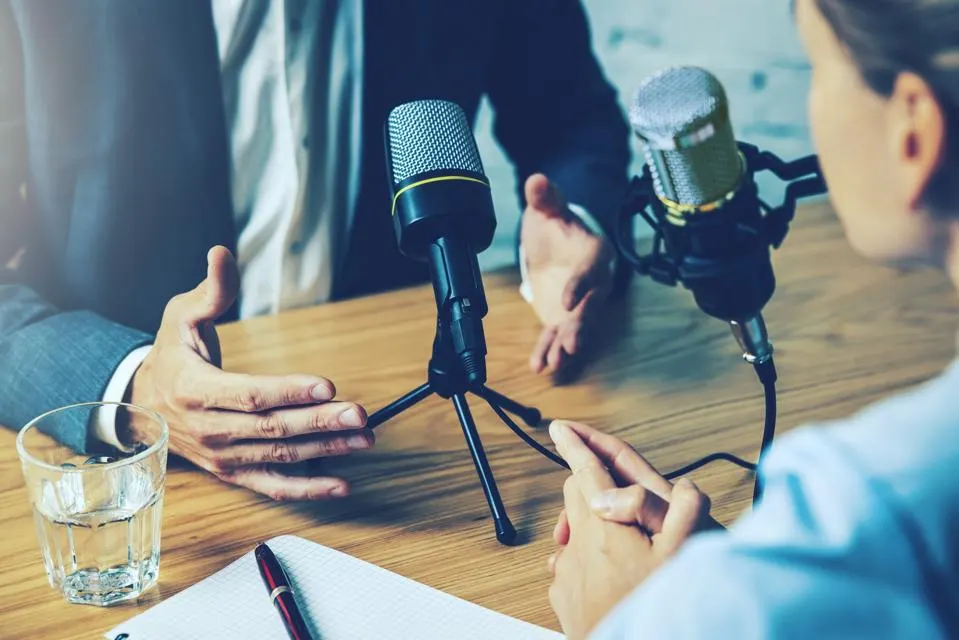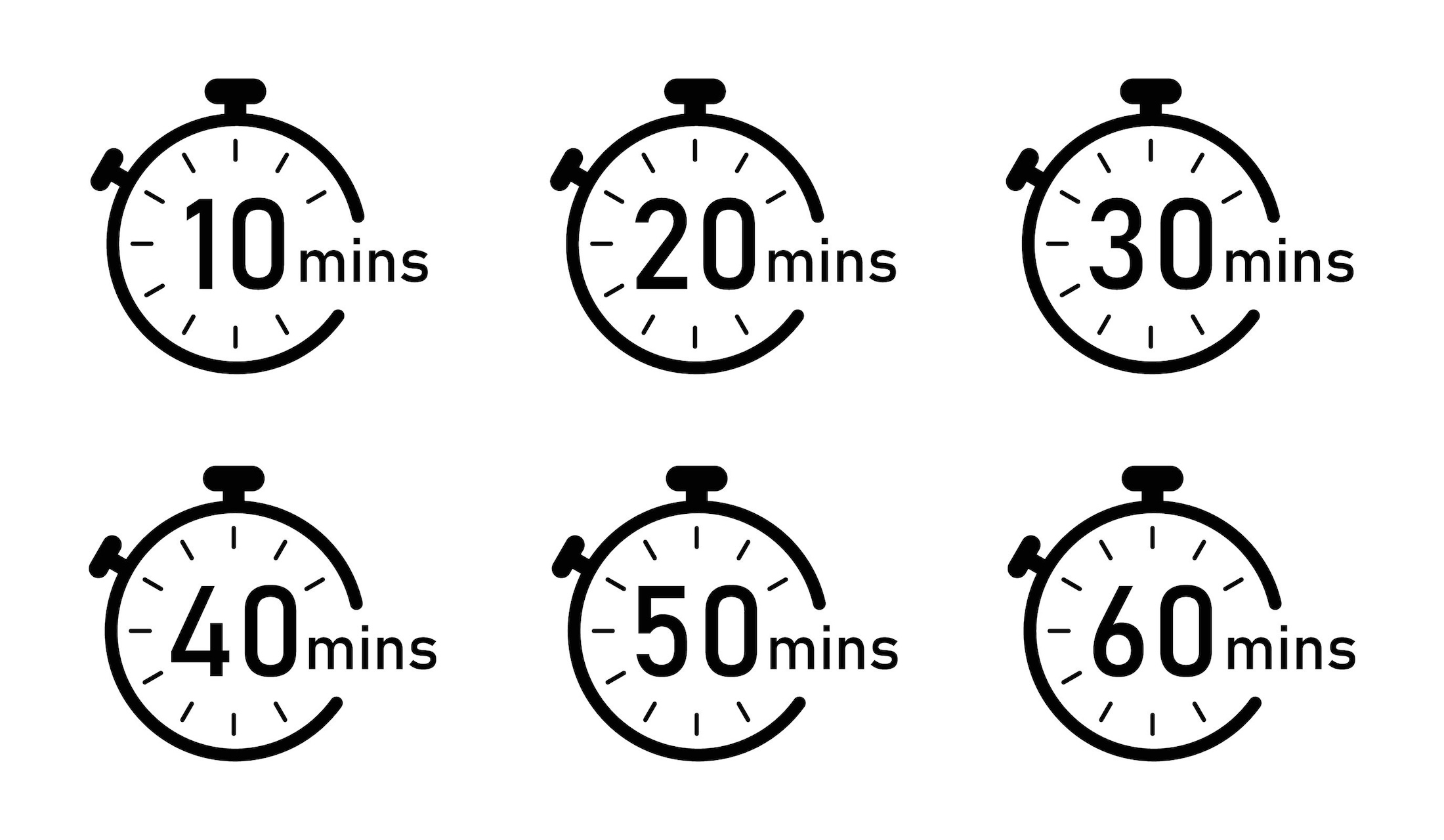Ahead of a forthcoming media interview, how reassuring would it be to have prior knowledge of the first question? Compiling a list of the questions that might be asked is a request we hear often from leaders and the comms teams who support them. But in truth, the interviewee can take control of an interview without them by deciding to start with some pre-prepared context. Especially in an initial meeting. Here’s how to do it.
Press meetings often start with some social interaction before the interview begins in earnest. But the first question will often start in a place that is unexpected, perhaps even picking up on a news event from the morning. Some examples: A British politician, on an influential radio show to talk about Covid relief funding, was asked when he plans to stop wearing a face mask. A holiday resort magnate asked on live TV why his company’s name is a mash-up of his own and his wife’s names. A Chinese tech CEO asked if the company’s military ties might impact growth prospects.
None of these individuals expected to start there. None of their planning and practice with advisors or communications teams would ever have resulted in the guidance: “OK, let’s make (random subject) the first point, because I think the reporter will start there.”
But this is precisely where any interviewer can take control of the agenda by offering to establish some context. It enables the party answering to begin their narrative where it is comfortable for them, not only framing what follows, but establishing a sense of confidence that at least one of the ideas they wanted to deliver has reached the audience.





